Look for the Helpers: Celebrating Public Health Heroes in 'Contagion'
Written on
Chapter 1: Introduction to 'Contagion'
In moments of fear and uncertainty, my mother would often remind me, “Look for the helpers. You will always find people who are helping.”
–Fred Rogers
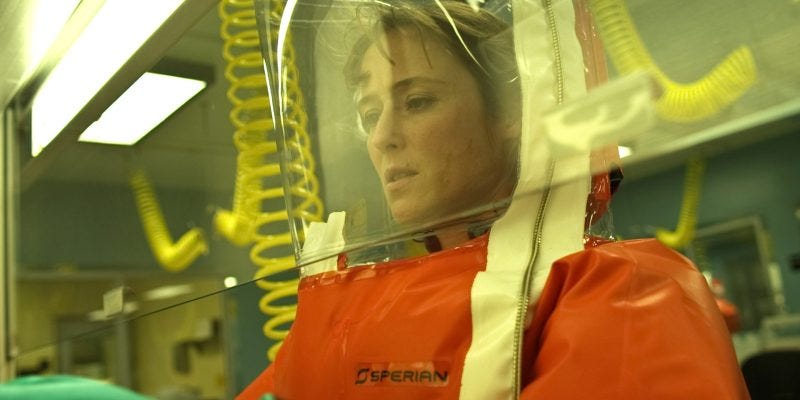
(This article was originally published by The Roarbots.) In recent weeks, Steven Soderbergh’s acclaimed film Contagion (2011) has surged in popularity, resonating with audiences due to its striking parallels to the ongoing pandemic. Numerous articles have explored its foresight, and screenwriter Scott Z. Burns has engaged in discussions about a film from nearly a decade ago that now feels incredibly relevant. Burns emphasizes that he did not possess prophetic abilities; rather, he conducted extensive research, drawing upon expert insights that indicated such a scenario was inevitable.
However, Contagion offers more than just a reflection of our current crisis. It carries a hopeful narrative that underscores the triumph of human spirit amid adversity.
Chapter 2: The Role of Public Health Professionals
The film shines a light on the heroism of dedicated scientists and selfless public health workers, who put their lives at risk to combat invisible threats. While we are confined at home, it’s crucial to acknowledge those on the front lines.
Contagion features three distinct medical professionals who play pivotal roles in virus investigation, illuminating essential public health principles. Dr. Erin Mears, portrayed by Kate Winslet, is an Epidemic Intelligence Service officer at the CDC. She is dispatched to Minneapolis to trace the origins of patient zero. Throughout her investigation, Dr. Mears navigates perilous situations, interviewing individuals who interacted with the victim prior to her death.
She also confronts local officials with limited understanding of epidemic protocols. In one memorable scene, Dr. Mears clearly explains how the virus spreads, highlighting the risks associated with touching surfaces and the frequency with which we touch our faces unknowingly.
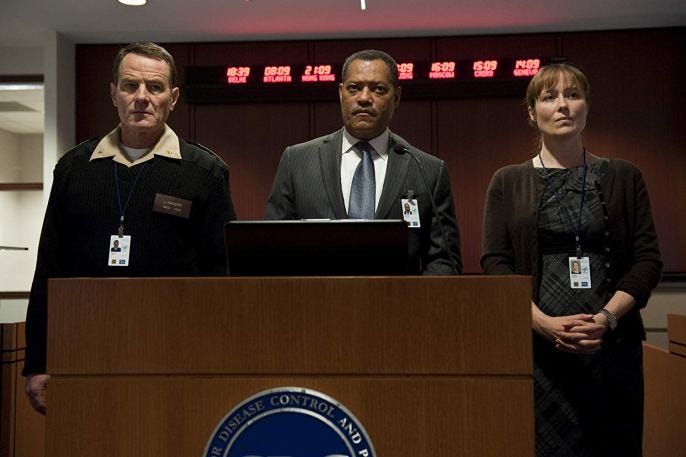
Dr. Mears elaborates on the exponential growth of a virus, introducing the "R-naught" concept, which illustrates how many individuals one infected person can potentially transmit the virus to. This moment, along with others, is rooted in scientific fact yet remains accessible and dramatically engaging, making it a valuable educational tool for scientists.
Later, the film presents a poignant scene where Dr. Mears, having contracted the virus, lies on a cot in a makeshift hospital. When a fellow patient expresses that he is cold, she makes a selfless attempt to offer him her coat, a gesture that ultimately goes unfulfilled as she succumbs to the illness. This act of profound altruism encapsulates the true essence of heroism far beyond what is depicted in typical action films.
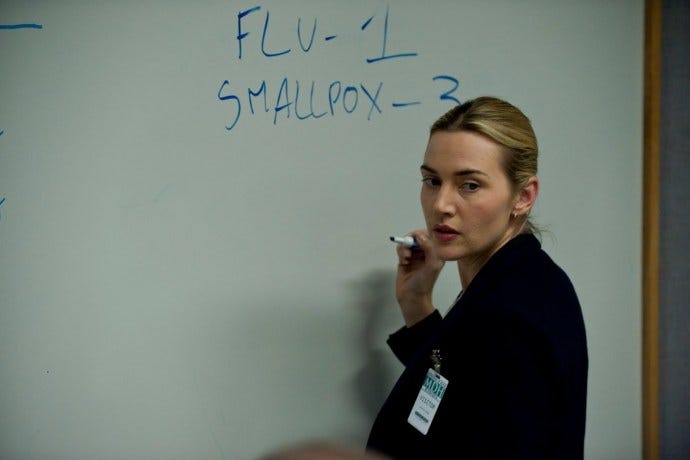
Chapter 3: The Global Fight Against Contagion
Another key character, Dr. Leonora Orantes, played by Marion Cotillard, represents a World Health Organization epidemiologist dispatched to Macau to investigate the outbreak's origins. Her character embodies the countless health professionals who bravely enter the epicenters of pandemics to gather critical data.
In the film, Dr. Orantes collects vital evidence through interviews and surveillance footage, a crucial step in understanding how the contagion spread. Recently, Dr. Ian Lipkin, a renowned epidemiologist from Columbia University and a consultant on Contagion, mirrored this action by traveling to Wuhan to assist local authorities during the current outbreak, prioritizing his commitment to public health over personal safety.
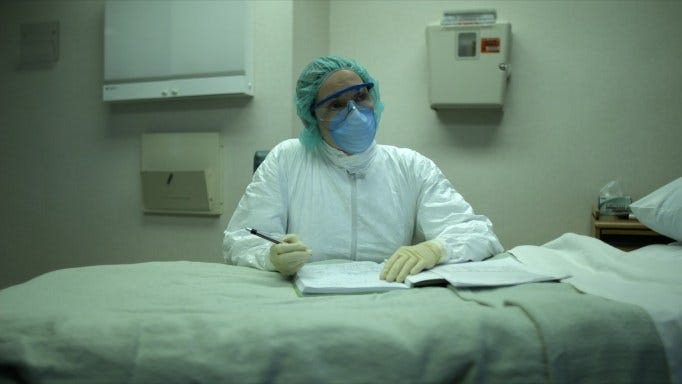
The film also explores socioeconomic disparities, illustrated when Dr. Orantes is kidnapped by a desperate colleague seeking access to a vaccine for his village. This subplot highlights the reality that vaccine distribution will likely favor wealthier nations, leaving developing regions at a disadvantage.

Lastly, Jennifer Ehle portrays Dr. Ally Hextall, a CDC researcher who tirelessly works on vaccine development. Her character embodies intelligence and compassion, demonstrating a deep understanding of her adversary. A compelling exchange with her supervisor highlights the film’s celebration of scientific inquiry.
Dr. Hextall's narrative culminates in a stirring moment where she tests a vaccine on herself, reflecting the sacrifices many health workers make. After successfully developing a vaccine, she opts to remain in her lab rather than seek public recognition, underscoring her dedication to the mission.
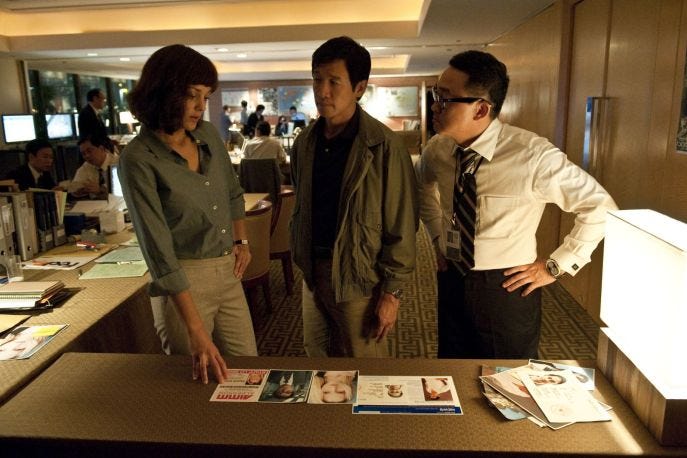
In the backdrop of a troubling political climate, Contagion serves as a compelling call for a well-funded public health system and global cooperation, championed by organizations like the WHO. Many experts involved in the film have expressed disappointment over the lack of heed given to their insights over the past decade.
Despite the challenges posed by some leaders, it is crucial to recognize the dedicated individuals working tirelessly for our well-being. In times of crisis, remember to look for the helpers.
In this video, Adam Kucharski discusses "The Rules of Contagion" with Dr. Bill Hanage, emphasizing the importance of understanding contagion in real-life scenarios.
This video explores the controversial topic of whether the rise in transgender identification among youth can be classified as a social contagion.